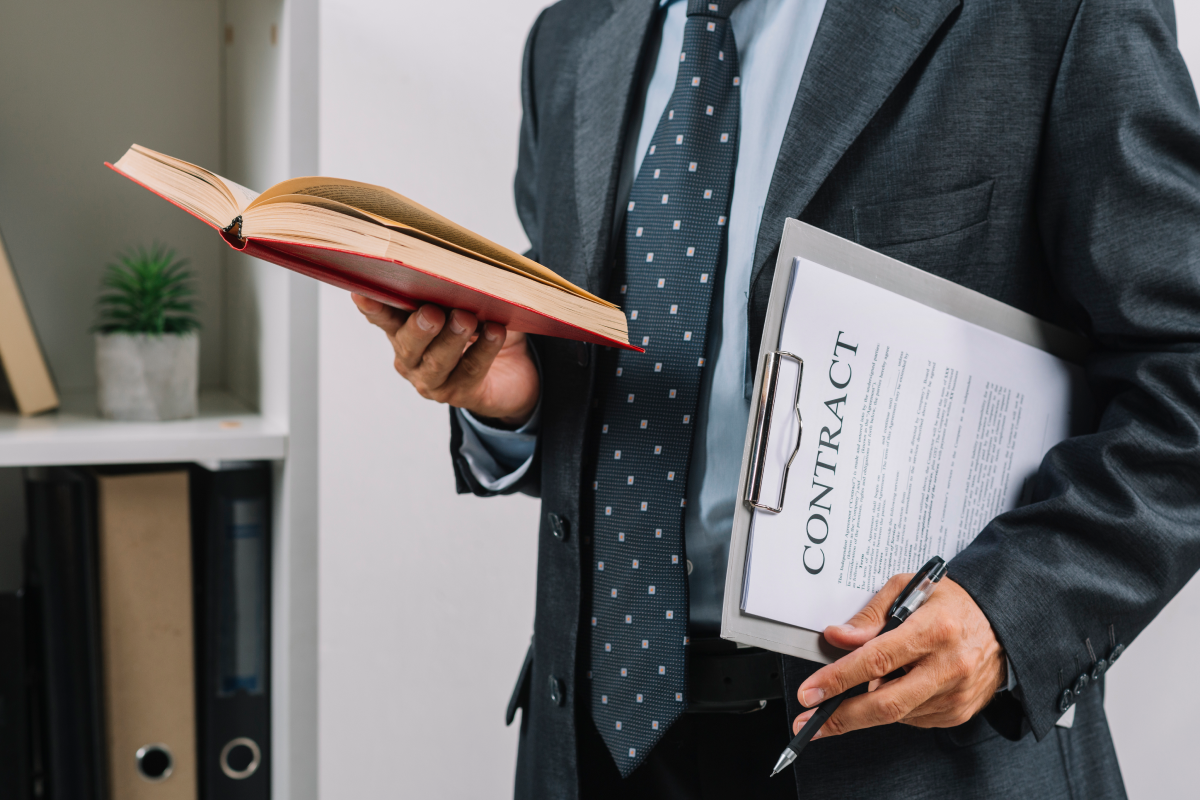Legal documents are powerful tools for fighting for social justice because they can change laws, expose wrongdoing, and bring about systemic change. Legal papers, like policy briefs, legislative proposals, petitions, and court filings, are very important to social justice groups because they help move their goals forward. In this article, you will find in-depth information about the role of legal documents in social justice movements.
The Strength of legal Documents in Social Justice
Legal papers are what hold social justice movements together. They give people a way to demand accountability, fight discrimination, and get justice for communities that have been wronged. Activists and advocates can make their views heard, hold institutions and people accountable, and push for real changes in society by using legal tools and paperwork.

By smartly using legal documents, social justice groups can push for changes in the law, set examples for justice, and make sure that everyone’s rights and dignity are respected in the court system. Recognizing the important role that legal papers play in promoting social justice gives communities the power to take well-informed, significant, and life-changing actions that make society more fair and just.
When people fight for social justice, they use different kinds of legal papers, such as legal complaints, petitions, amicus briefs, and legislative proposals. These papers are very useful for making arguments, pushing for policy changes, and fighting against structural inequality. Activists can get legal documents and instructions to successfully communicate their demands and move through the legal system by using tools like Lawrina.
You can Also Check Lawrina’s Twitter posts for a variety of legal documents Templates:
Try our free trial and access a variety of professionally crafted legal templates 💼
Increase your comfort level with our expert-designed templates, available for a wide range of legal needs: https://t.co/PaKOqBnu2m#LegalTemplates
— Lawrina (@LawrinaUS) February 13, 2024
Papers for court
Lawrina’s large library of legal templates gives activists and advocates the tools they need to make strong cases, get people to support them, and bring about positive change through well-organized and legally sound paperwork. People and groups that want to use the legal system to advance social justice issues can find Lawrina to be very helpful.
Effects and Effects of Legal Documents
Legal papers can change laws, court decisions, and how people think about things, which can change the landscape of social justice movements. Advocates can start conversations, get people on board, and push for changes that fix structural inequalities and uphold human rights principles by writing down proof, legal analysis, and strong arguments.
With the persuasive power of well-written legal papers, activists can push for systemic change, fight against unfair practices, and set examples that help the cause of justice for disadvantaged groups. Social justice groups can have a bigger effect, push for progressive reforms, and make lasting social change by using the persuasive power of legal documents.
Also, Check: MOHELA Faces Legal Battle: Borrowers Allege Mismanagement of PSLF Benefits
Giving communities power through legal literacy
To give people the tools they need to know their rights, use the legal system, and fight for justice, it is important to include legal education and literacy in social justice programs. Promoting access to legal knowledge, resources, and training can help build grassroots movements, bring people together, and create a culture of legal empowerment among a wide range of groups. Legal literacy gives people the skills they need to fight against injustice, be an active part of advocacy efforts, and easily navigate complicated legal systems.
Giving communities legal information makes it easier for them to demand accountability and get justice. It gives them a sense of control over their lives and helps them make decisions that are fair and just.
Challenges and chances of being a lawyer
Legal papers can be very useful for fighting for social justice, but problems like legal barriers, a lack of resources, and differences in power can slow down progress. To overcome systemic injustices and advance the interests of marginalized groups, advocates must deal with these problems, work together across sectors, and come up with new legal strategies.
By being aware of these problems and taking action to solve them, advocates can work to make the legal system more open and accessible so that it meets the needs of all groups. Advocates can also work together to break down oppressive structures, promote fairness, and make real changes in social justice groups by making partnerships, sharing resources, and giving a voice to those who aren’t heard as much.
In conclusion
Overall, legal papers are the most important part of legal advocacy in social justice movements because they give lone voices a chance to be heard, rights a chance to be protected, and wrongs a chance to be fought. Advocates can use the changing power of legal documents to bring about real change, promote fairness, and make society more fair and open to everyone by recognizing this power.
Join us at Silent News. Share your thoughts, and make a difference. Let’s change things together. Your voice counts.
Contents
